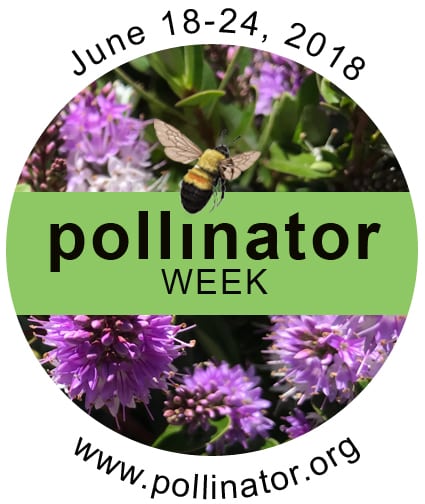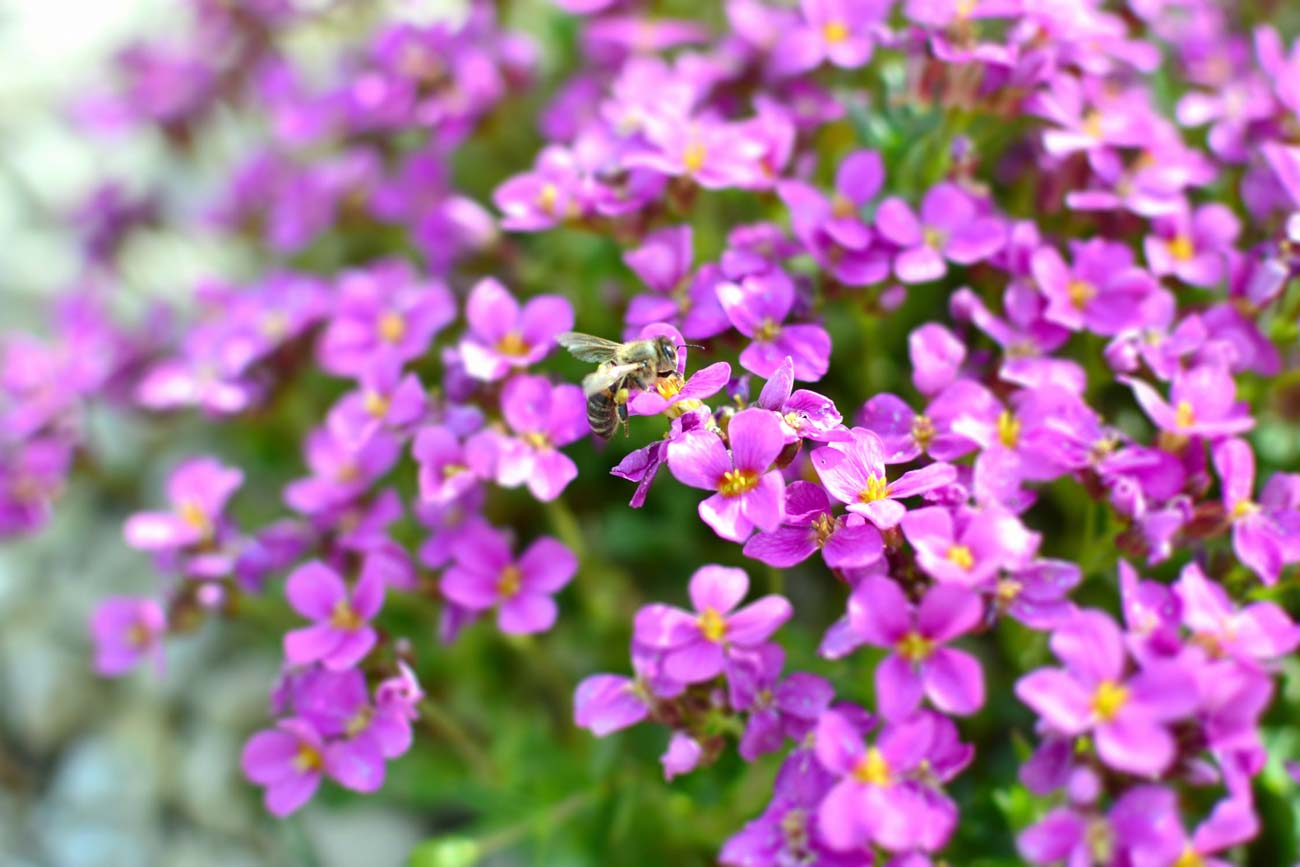 Did you know that June 18 – 24 is National Pollinator Week? This week was first commemorated eleven years ago when the U.S. Senate unanimously decided to address the issue of a rapidly declining pollinator population. During this time, we build awareness of the important role bees (and other species like butterflies, bats, birds and beetles) play in our ecosystem, especially our food system. There is a common misconception that pest control companies don’t care about the health of bees – which isn’t true. Here are all the facts you need to know about the bee population, what you can do to protect them and Terminix Wil-Kil’s role when it comes to safe bee management.
Did you know that June 18 – 24 is National Pollinator Week? This week was first commemorated eleven years ago when the U.S. Senate unanimously decided to address the issue of a rapidly declining pollinator population. During this time, we build awareness of the important role bees (and other species like butterflies, bats, birds and beetles) play in our ecosystem, especially our food system. There is a common misconception that pest control companies don’t care about the health of bees – which isn’t true. Here are all the facts you need to know about the bee population, what you can do to protect them and Terminix Wil-Kil’s role when it comes to safe bee management.
Why are bees so important?
Get A Free Quote
Inquiries
(800) 236-8735
Pollinators are known as keystone species, meaning they are critical to our ecosystem. Pollinators produce approximately 1/3 of food and beverages, and roughly $20 billion worth of food products annually in the United States. Worldwide, about 1,000 plant species we use for food, beverages, fibers, spices and medicines depend on bees to offer the resources we demand. This is reason enough to help keep the bees around!
Are bees an endangered species?
The bee population has seen a significant drop since the late 90’s by about 87%. The Endangered Species Act (ESA) factors in destruction of habitat, overuse of animals/insects, disease and more when adding any species to this list. As of March 2017, one bumble bee species in the United States (the rusty patched bumble bee) has gained federal protection and is only present in about 0.1% of its historical range. The biggest reason that bee populations are suffering is due to habitat loss for multiple factors, such as increased farming that removes native plants.
What can I do to help bees in my own backyard?
One of the best ways to help the bee population is to start a garden of your own, if you haven’t already, and include native plants. These offer the strongest habitat for bees, providing them with food, and protection from the elements and predators. Here are a few you can grow to help save the bees:
Not only will these help beautify your garden, but also provide you with common herbs that can be used for cooking and more!
Should I be worried about bee stings?
Growing plants that attract bees doesn’t mean that you are inviting bees to harass you. Only female bees have stingers, and they very rarely use them unless they have a good reason to – like protecting their colony. The bees in your garden are far more interested in pollinating flowers than stinging you. If you found that you have experienced a sting, it most likely it came from a wasp or hornet and not a bee.
I have spotted a bee nest close to my home. What should I do?
At Terminix Wil-Kil, we do get calls about bee colonies that are just too close for some people’s comfort, and that’s ok. There are safe and effective ways to get rid of bees without harming them. We don’t treat bees the same as we would more dangerous insects, such as mosquitoes or even wasps. Instead, we work with beekeepers who know how to safely remove nests. It is also a good idea to make sure there is a proper distance between your home and garden, and remove open food containers and dirty trash bins to help prevent problems in or around your home.
What is Terminix Wil-Kil doing to protect bees?
The first and most crucial step our employees take to protect bees is to take the time needed to properly identify insects before determining the best course of treatment. If we find honey bees to be the problem, we will contact a local beekeeper (when it is safe to do so, our clients’ safety always comes first) to come and collect the bees so they can be relocated. That protects our clients and their families, but allows the honey bees to continue their beneficial work.
Terminix Wil-Kil also takes the laws and regulations governing the application of pesticides very seriously. Many products we use include application restrictions to protect pollinators. We follow those instructions diligently and use an alternative product, approach or adjust our timing to protect bees when they are foraging for food.
Finally, some of our employees are beekeepers who keep their own hives. Most people are surprised to learn that someone who spends their day eliminating pests would go home and tend to a bee hive, but they sure do! We also have natural prairie land, a flower garden and an apiary at our home office in Menomonee Falls. Our apiary currently contains four, thriving hives! We have an employee there who cares for the bees year-round and harvests honey for our employees (see right image). All proceeds of the honey harvest are then donated to United Way.
If you are concerned about any type of stinging insect issue, contact Terminix Wil-Kil for more information.
National Pollinator Week: Plant These and Help the Bees! in Sun Prairie, WI
Terminix Wil-Kil Pest Control is a local Pest Control and Extermination company helping homeowners and businesses with pest issues across WI.

